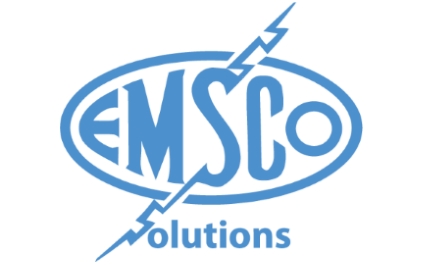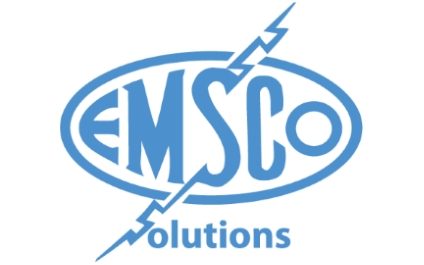 Technology has changed the way that people seek financial advice and what they expect from their CPAs. Keeping up with its rapid pace is challenging and expensive.
Technology has changed the way that people seek financial advice and what they expect from their CPAs. Keeping up with its rapid pace is challenging and expensive.
But Oklahoma CPAs don’t have to throw out the old to make way for the new. There are ways to keep older technologies in service for a while longer without compromising data security and conflicting with financial industry regulations.
Move to the Cloud
Prior to the arrival of the cloud, applications and programs were run from software downloaded onto a computer. If a system became too outdated for the latest releases, it had to be replaced by a newer unit. Cloud computing enables CPAs to hold off on upgrading for a while longer because it is Internet-based.
Most Oklahoma CPAs already use some form of cloud computing: Facebook posts, emails sent via tablet or smartphone, and apps that make workload management easier. Currently it is estimated that 82% of American enterprises had a hybrid cloud strategy.
CPAs in particular have been embracing it because of its flexibility, solid disaster recovery options, easier access to important documents, and the fact that it eliminates the need to regularly perform expensive hardware upgrades.
Upgrading Existing Systems
Advances are constantly being made in the field of personal computing. One of the best ways to extend the life of a computer that still performs well is to upgrade and update its current hardware. Replacing the hard drive and RAM as necessary can be less expensive than investing in a whole new system and delivers the following benefits.
- Faster transitioning between programs, which helps CPAs work more efficiently
- Additional storage (for upgraded hard drives)
- Improved system speed and efficiency
- Less prone to failure (for SSD drives)
Updating Existing Programs
Software vendors regularly release service packs or patches that address security vulnerabilities in existing products, contain bug fixes, and enhance the features and scope of the software. These updates are installed over the current version and don’t require the product itself to be reinstalled.
Regular software updates allow Oklahoma CPAs to use an existing computer system for as long as the system is compatible with the updated product.
At some point the operating system will be too outdated to run the software, necessitating an upgrade or system replacement, but until then, product updates will keep it in good working order.
Bottom Line
Clients are demanding a higher level of accessibility and sophistication from their CPAs, and Oklahoma firms are using technology to deliver both. Cloud computing, hardware upgrades, and software updates make it possible to provide timely and accurate information without requiring an entirely new system every few months.
Does your CPA firm make its existing technology last as long as possible? If so, what steps do they take to remain current and compliant with regulations? Let us know your thoughts in the Comments box below.
And to follow up on the tips introduced in this article, be sure to download your free Information Technology Guide for Oklahoma City CPAs.


You must be logged in to post a comment.